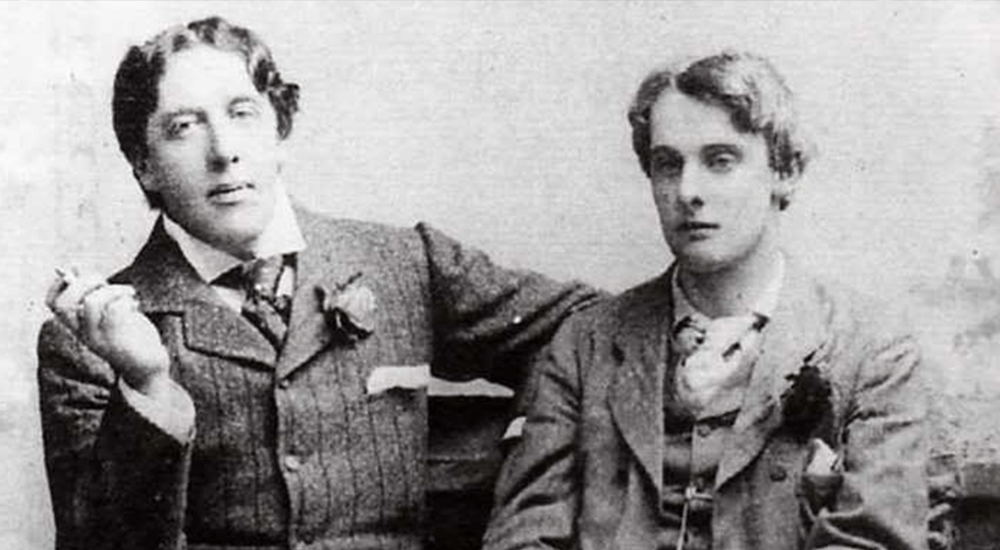Reading Gaol, where Irish gay writer Oscar Wilde spent two years, has been put up for sale.
Wilde was imprisoned from 1895 to 1897 in Reading Gaol in England for “gross indecency” after his affair with Lord Alfred Douglas (“Bosie”) was exposed.
Wilde wrote the seminal poem, ‘The Ballad of Reading Gaol’ which was inspired by his stay and spoke to the brutality of the Victorian prison system.
MP Matt Ronda has expressed concerns over the prison being converted into luxury flats and started a petition to conserve the site.
The petition says: “Reading Gaol is an important national heritage site, where Oscar Wilde was imprisoned and Henry I is believed to be buried nearby.
“We the undersigned want to see it preserved and enhanced to become an arts hub and to celebrate Reading’s heritage.
“We call on the Ministry of Justice to support this and not to sell it off to the highest bidder. This wonderful site should stay open to the public; it is too important to be redeveloped as luxury flats.”

Irish law at the time criminalised any sexual act between two men in public or private. This change in the law made it easier to convict gay men.
The Dublin Castle Scandal of 1884 saw nationalist newspaper United Ireland reveal the sexuality of several high profile figures working in the British administration at Dublin Castle.
“With that big scandal, this whole circle of men was also uncovered,” says Brian Crowley, the Kilmainham Gaol queer history tour creator or guide.
“Some of them were high-up officials, others were middle class, and some of them were quite poor men. You get a sense that there was a whole kind of social circle there, and they met together and had parties, and musical evenings
“Then afterwards, when everything gets exposed, you can see how people are suddenly suspicious. People are betraying each other; friendships are broken.
“What’s interesting is that even though there wasn’t a huge amount of convictions, the threat of public shame was so great that it really inhibited people from pursuing their lives.
“When people are being persecuted, you don’t need a huge volume of convictions: It’s the threat. The consequences of being exposed were so appalling at the time. Prison was only a part of it.”
© 2019 GCN (Gay Community News). All rights reserved.
Support GCN
GCN is a free, vital resource for Ireland’s LGBTQ+ community since 1988.
GCN is a trading name of National LGBT Federation CLG, a registered charity - Charity Number: 20034580.
GCN relies on the generous support of the community and allies to sustain the crucial work that we do. Producing GCN is costly, and, in an industry which has been hugely impacted by rising costs, we need your support to help sustain and grow this vital resource.
Supporting GCN for as little as €1.99 per month will help us continue our work as Ireland’s free, independent LGBTQ+ media.

comments. Please sign in to comment.